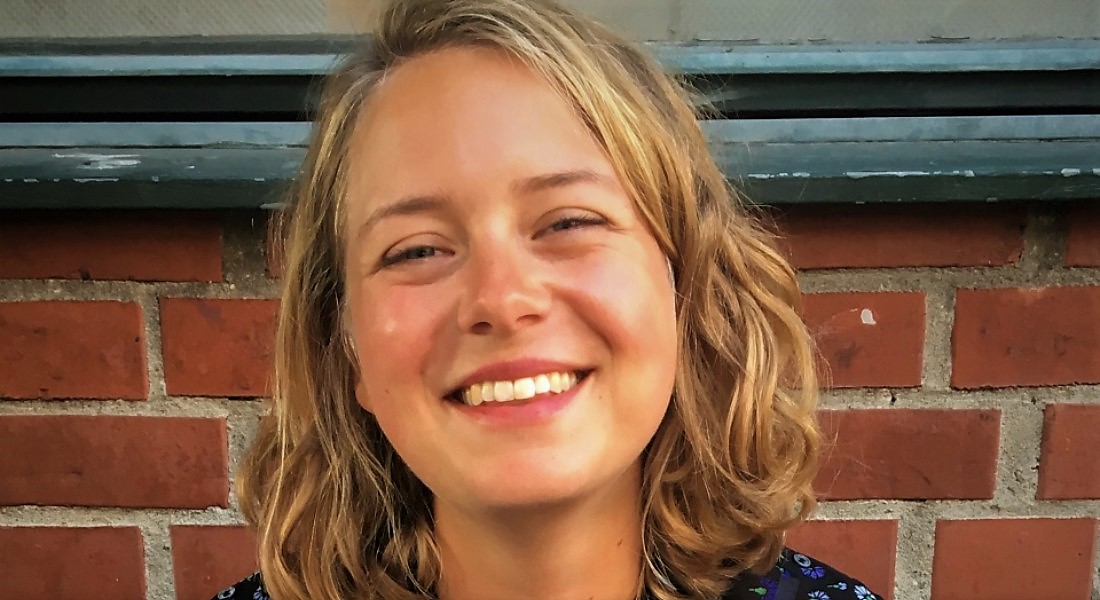Interview Nanna Brokhattingen

Using a master’s degree in global health to pursue an academic career
UCPH Global Health Alumni 2019
A significant number of graduates use their master’s degree in global health as a steppingstone to pursue an academic career.
After graduating from the University of Copenhagen, Nanna Brokhattingen went on to become a PhD student at the Barcelona Institute for Global Health (ISGlobal). Here she currently works on her PhD project about malaria in pregnancy, focusing on Mozambique:
“In my research group, we are trying to develop new molecular tools for malaria surveillance. I’m working with immunological responses in pregnant women, and genomic profiles of the malaria parasite. The project is partly wet lab and partly bioinformatics, so I spend most of my time planning and carrying out experiments and analysing data. I’m working together with team members, who are based both here in Barcelona and in Mozambique. ”
Nanna holds a bachelor’s degree in molecular biomedicine from the University of Copenhagen and she already lived in Copenhagen when she had to choose her next educational step. The choice fell on the master’s degree in global health because she was interested in learning about the broader aspects of health and disease besides cell biology and physiology that she knew from her bachelor.
“One of the best parts of the programme was the cross-disciplinarity of the courses and the mixed backgrounds of my fellow students. I also really enjoyed the Country Exposure Course – it was not only a great learning experience, but also a unique way to get to know the other students.”
The lecturers at the master’s degree in global health have various backgrounds and they provide different perspectives on global health topics. To Nanna this was a very important aspect of the programme:
“You will be exposed to lots of opportunities to learn more, and you will have the flexibility to pursue your individual interests. The programme taught me to be more reflective of my role as a researcher, and I think I have become more open to other ways of doing things, in research and in general. I often draw on experiences from the master’s when I interact with people from different cultural backgrounds and different disciplines.”
Nanna is back in the wet lab again, using the skills she learnt during her bachelor’s degree. But her PhD project about malaria in pregnancy also requires the competencies and knowledge she learnt during her master’s degree in global health:
“The master’s programme in global health has helped me form a more well-rounded understanding of my PhD topic including the challenges of conducting research in Sub-Saharan Africa. I learned a ton and gained precious experiences and friendships along the way, and I don’t think I would have the same motivation in my PhD studies without it.”
